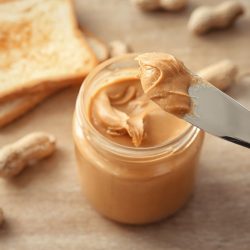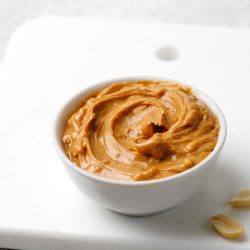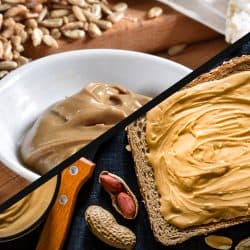Peanut butter and peanut butter spread may seem like the same thing, but there are subtle differences. It may not seem like a big deal, but if you're a fan of either, you'll want to know the facts. Let's take a look at the difference below.
Peanut butter is a paste made from ground dry roasted peanuts. It is usually smooth, although it can be found in a chunky variety.
Peanut butter spread, on the other hand, is a mixture of peanut butter and other ingredients, such as oil, sugar, salt, and emulsifiers.
While this may be confusing, the two have different consistencies. In this article, we will take a closer look at the difference between these two types of peanut butter.
In addition, we will answer other frequently asked questions about the popular condiment, so let's get cracking!
Is There A Difference Between Peanut Butter And Peanut Butter Spread?
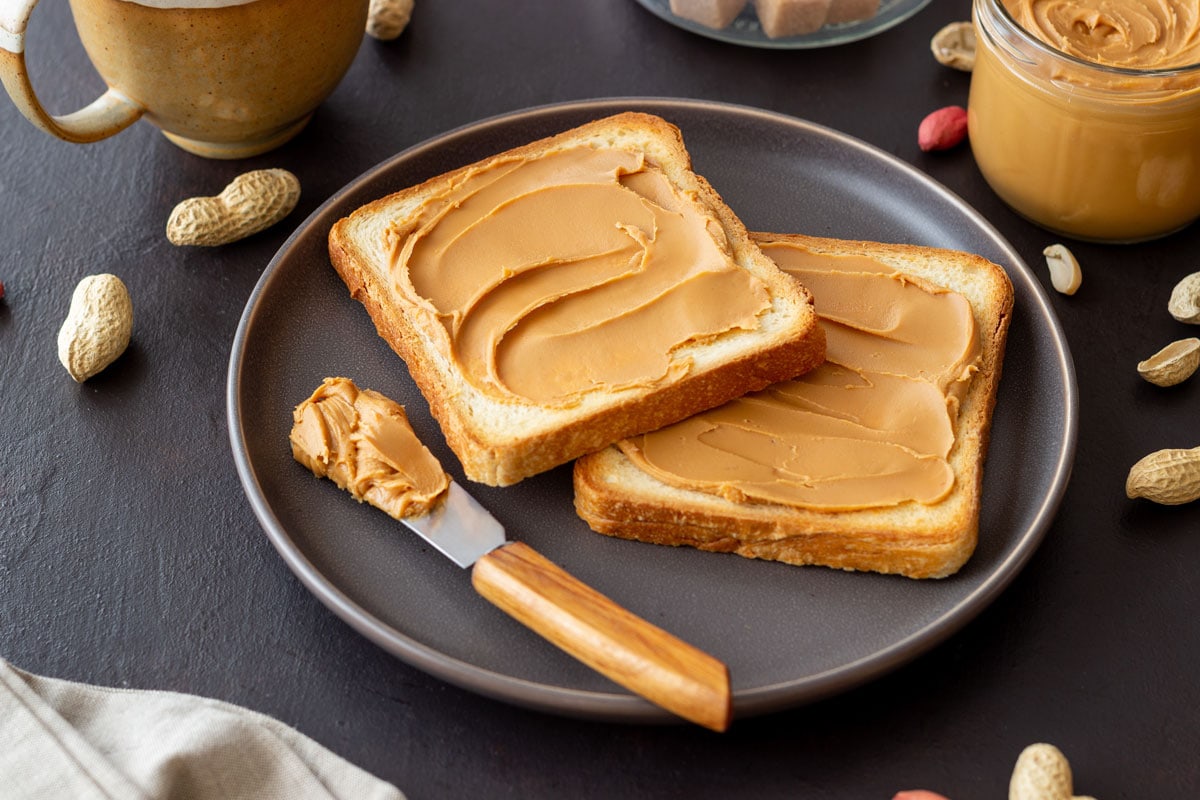
Unless allergic to peanuts, peanut butter is enjoyed by many. It is an excellent source of protein and can be used in various recipes. However, you may have seen peanut butter's counterpart in the grocery aisle and wondered, what is the difference?
As previously stated, peanut butter is made from ground dry roasted peanuts, while peanut butter spread contains a mixture of peanut butter and other ingredients.
The main difference between the two is their consistency; peanut butter is usually thick and heavy, while peanut butter spread is thinner and easier to spread.
Peanut butter spread typically is made of less than 90% peanuts, and the rest is commonly oils, sugar, salt, and emulsifiers.
Emulsifiers are added to prevent the oils from separating from the solids and give the spread a smoother texture.
There is natural peanut butter which has no preservatives or added sugar.
To make peanut butter at home, you only need a food processor and some peanuts! Blend the peanuts until they form a smooth paste; voila, you have homemade peanut butter.
If you want to make your own peanut butter spread, you can add other ingredients like oils, sugar, and salt to taste. Remember that the more ingredients you add, the less healthy the spread will be.
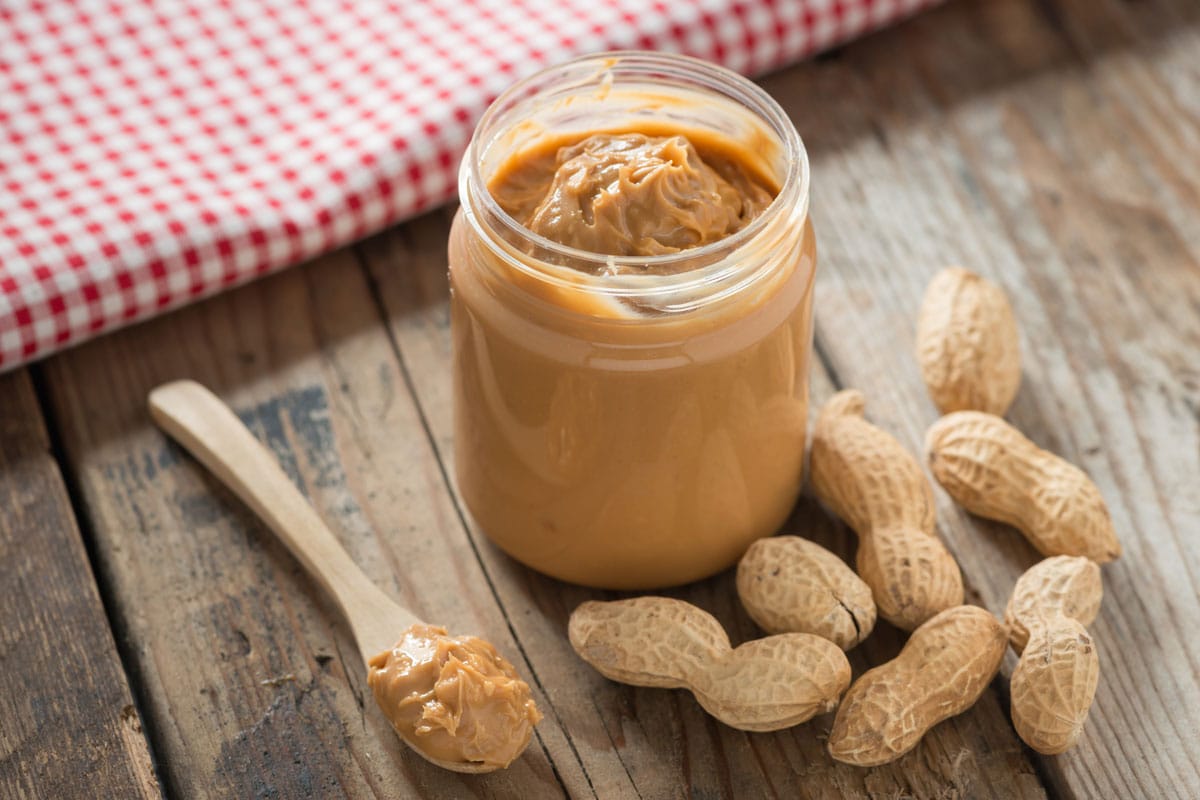
Is Peanut Butter Good For You?
Now that we know the difference between peanut butter and peanut butter spread, let's answer another question: is peanut butter good for you?
The short answer is that it depends on what kind of peanut butter you eat.
Natural peanut butter, which is made with just peanuts and no added sugar or preservatives, is healthy food. It is a good source of protein and fiber and contains healthy fats.
However, some natural peanut butter will have a higher fat content than a spread. The reason being is that there are peanut butter spreads that are made with reduced fat.
So, if you're looking for a healthier option, check the label to see if the product is made with reduced-fat peanut butter.
In general, however, natural peanut butter is good for you and can be part of a healthy diet. Keep in mind that either needs to be consumed in moderation.
Tracking your calorie and fat intake is vital for any diet, and this goes for peanut butter. Too much fat, good or not, can lead to weight gain.
How Do You Eat Peanut Butter Spread?
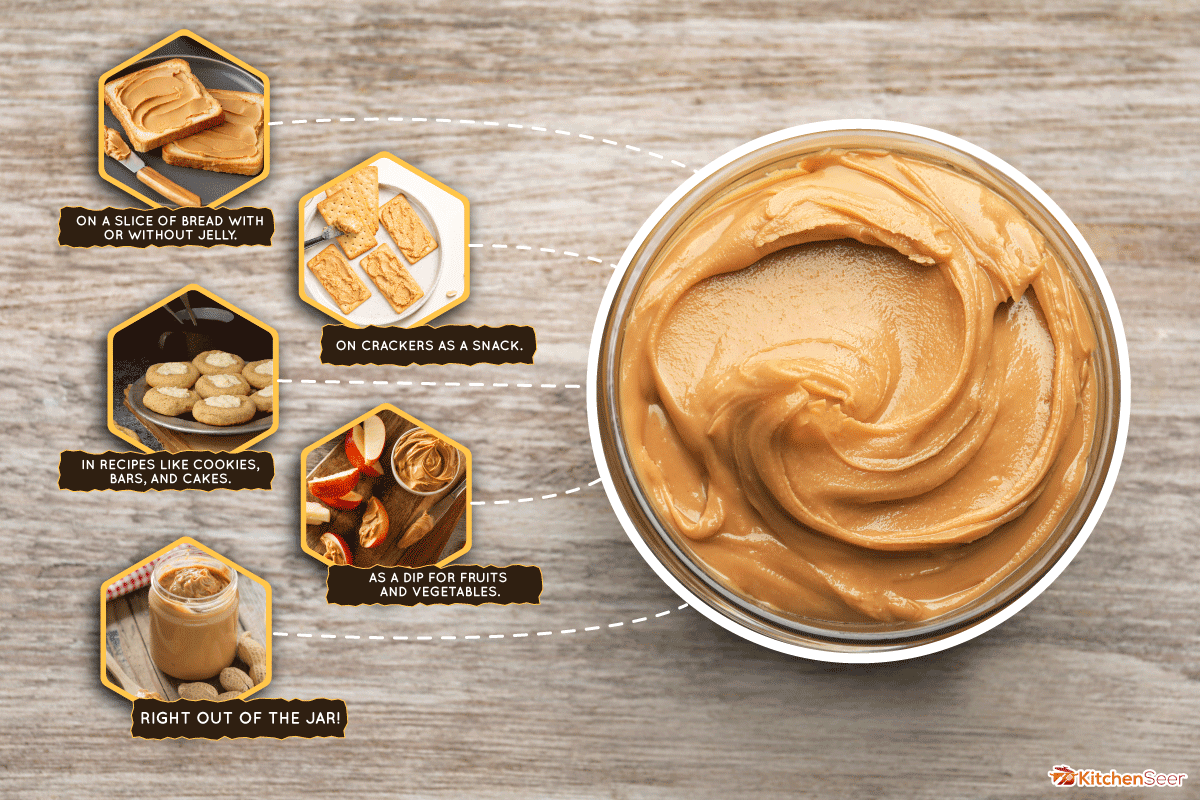
Like a jar of peanut butter in a jar, there are several ways to eat peanut butter spread. Here are some popular methods:
- On a slice of bread with or without jelly.
- On crackers as a snack.
- In recipes like cookies, bars, and cakes.
- As a dip for fruits and vegetables.
- Right out of the jar [we won't tell!].
- Make a peanut sauce.
- Mix it with granola.
- Add it to a smoothie.
- Spread it on celery sticks.
This is just a quick list of ideas, but there are endless possibilities when it comes to eating peanut butter spread.
If you're feeling adventurous, try making a peanut sauce by adding it to other ingredients like soy sauce, honey, and garlic. This would make a great dipping sauce for chicken or vegetables.
Or, if you want something sweet, add peanut butter spread to your favorite granola recipe.
As you can see, what you can do with peanut butter spread isn't so different from what you can do with regular peanut butter. The main difference is in the consistency, which makes it more versatile in some ways.
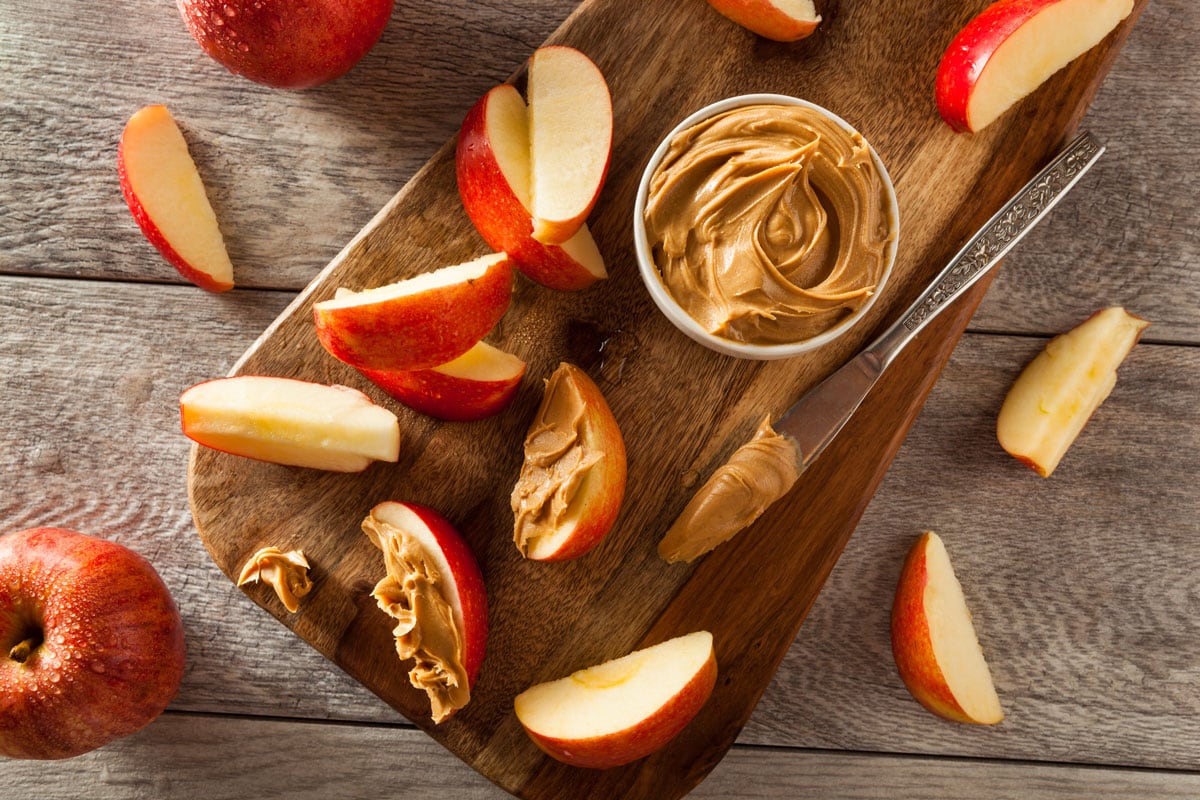
Which Is The Best Peanut Butter?
It's tough to say what is the best peanut butter, as it depends on what you're looking for. Natural peanut butter is the way to go if you want the healthiest option.
Since natural peanut butter doesn't have preservatives or added sugar, it is a healthier food choice.
However, a peanut butter spread might be the better option if you're looking for something more indulgent. Peanut butter spreads often have added sugar and fat, which makes them more delicious but less healthy.
However, some are just looking to enjoy good peanut butter, regardless of the health benefits. In that case, it's all about finding the right taste and texture you like.
For example, you can get creamy, chunky, or smooth peanut butter. You can also find peanut butter with different flavors like chocolate, honey, or even bacon!
The best way to find the right peanut butter for you is to experiment until you find a brand and flavor that you like. Once you find the perfect peanut butter, you can enjoy it however you want.
What Is The Number One Selling Peanut Butter?
While number one sales can change yearly, Jif is typically the best-selling peanut butter in the United States.
Jif has been around since 1958, and it's no surprise that it's a favorite among many Americans. It's creamy, delicious, and versatile, which makes it perfect for PB&Js, baking, or even eating straight out of the jar.
Jif is an excellent option if you're looking for good peanut butter. However, many other great brands are out there, so don't be afraid to try something new.
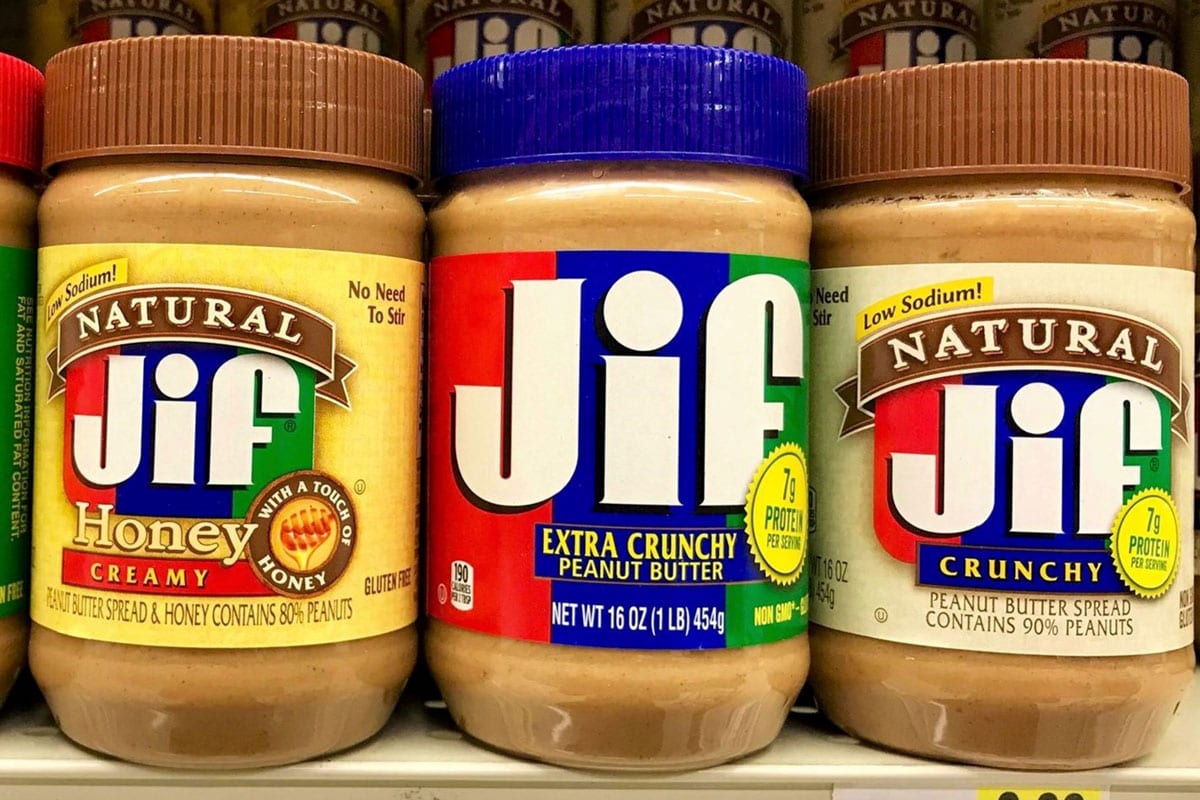
Should Peanut Butter Be Refrigerated After Opening?
Whether or not you should refrigerate your peanut butter after opening it depends on the type of peanut butter you have.
Natural peanut butter does need to be refrigerated once it has been opened. The reason is that there are no preservatives in natural peanut butter, so it can go bad more quickly.
On the other hand, processed peanut butter [like Jif or Skippy] doesn't need to be refrigerated. This is because the added preservatives help to keep the peanut butter fresh for longer.
So, if you're unsure whether to refrigerate your peanut butter, just check the label. It should say if refrigeration is necessary.
How Long Does Peanut Butter Last?
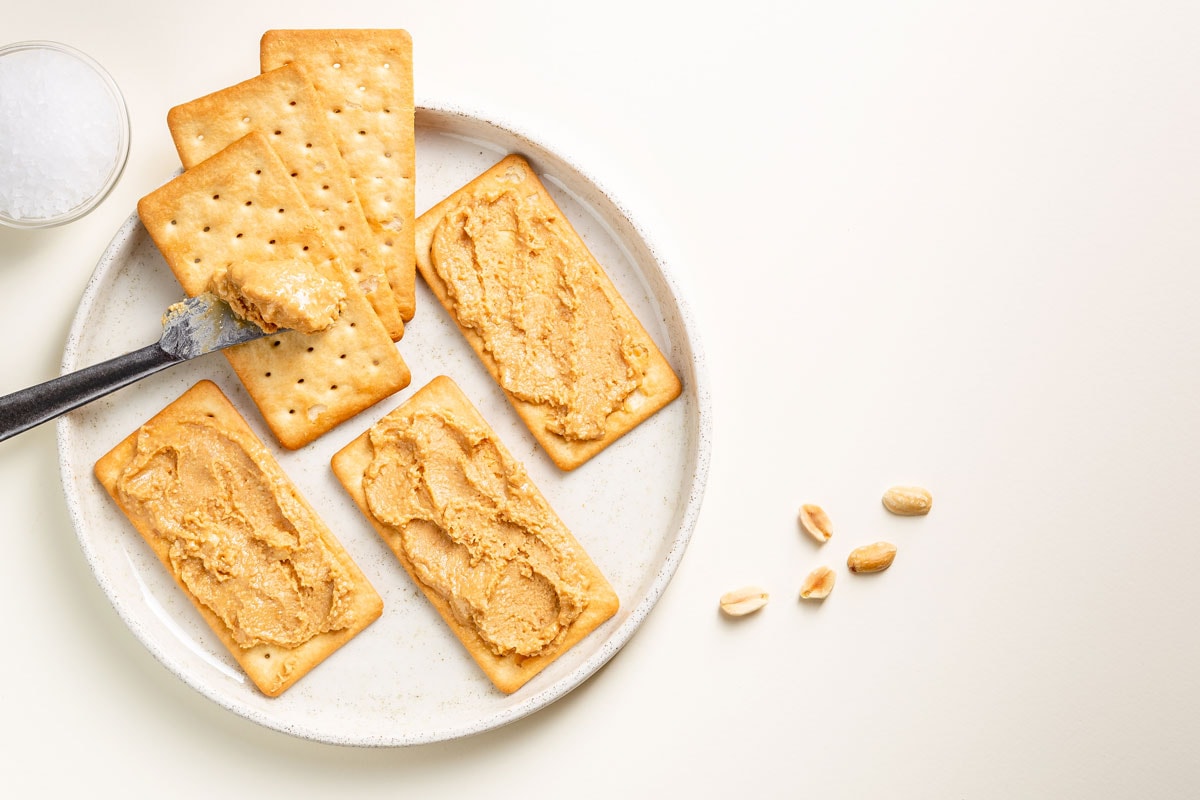
The shelf life for peanut butter spread is 6-9 months unopened. However, once it is opened, it can be in the pantry for three months.
The natural peanut butter will have an unopened shelf life of 3 months in the pantry. Once it is refrigerated and opened, typically, it will last a month or so.
You will know your peanut butter has gone bad if the smell or texture changes. If it starts to smell rancid, it is time to get rid of it.
When in doubt, always throw it out. It is better to be safe than sorry when it comes to food safety.
What Is The Best Way To Store Natural Peanut Butter?
If you have ever put natural peanut butter in your fridge, you will notice that it will start to separate over time. It does this because natural peanut butter does not have any preservatives.
However, there is a trick to help avoid this. If you store your natural peanut butter upside down, the oils will stay mixed in and last longer.
Just make sure to screw the lid on tight, so it doesn't leak. This is a great way to store natural peanut butter and keep it fresh for longer.
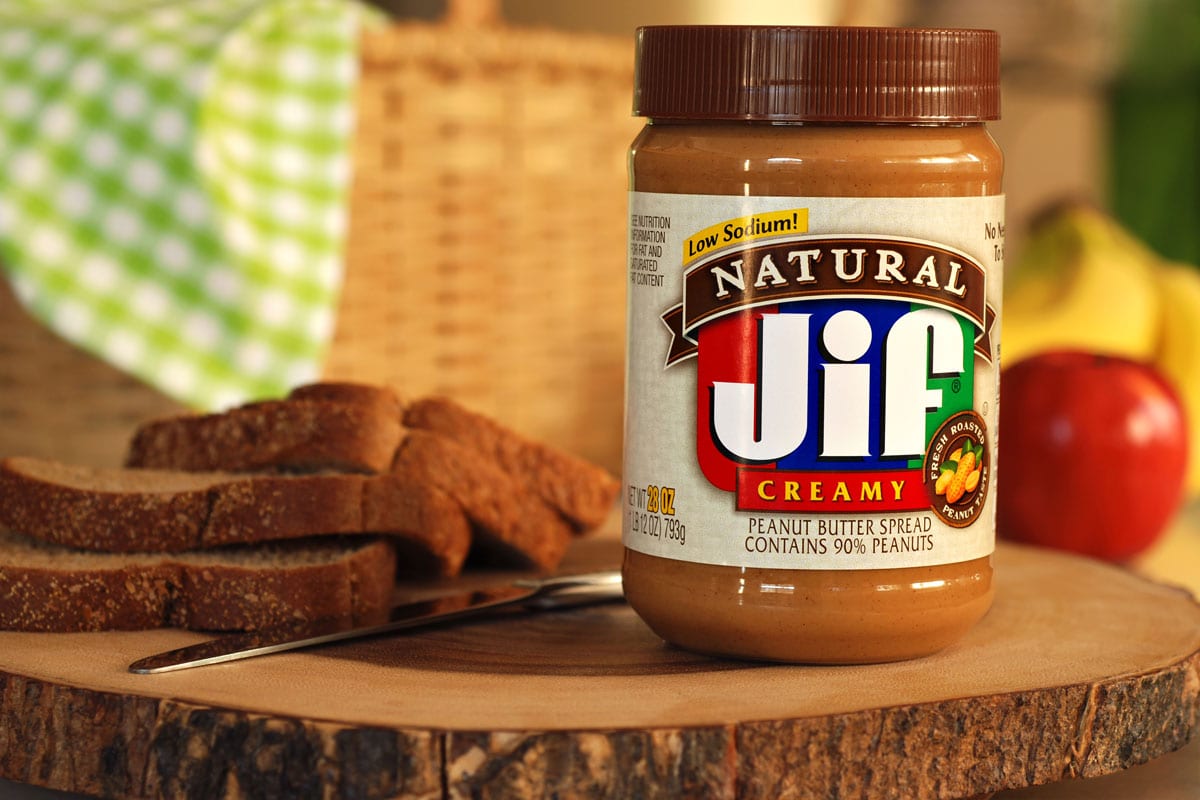
Final Thoughts
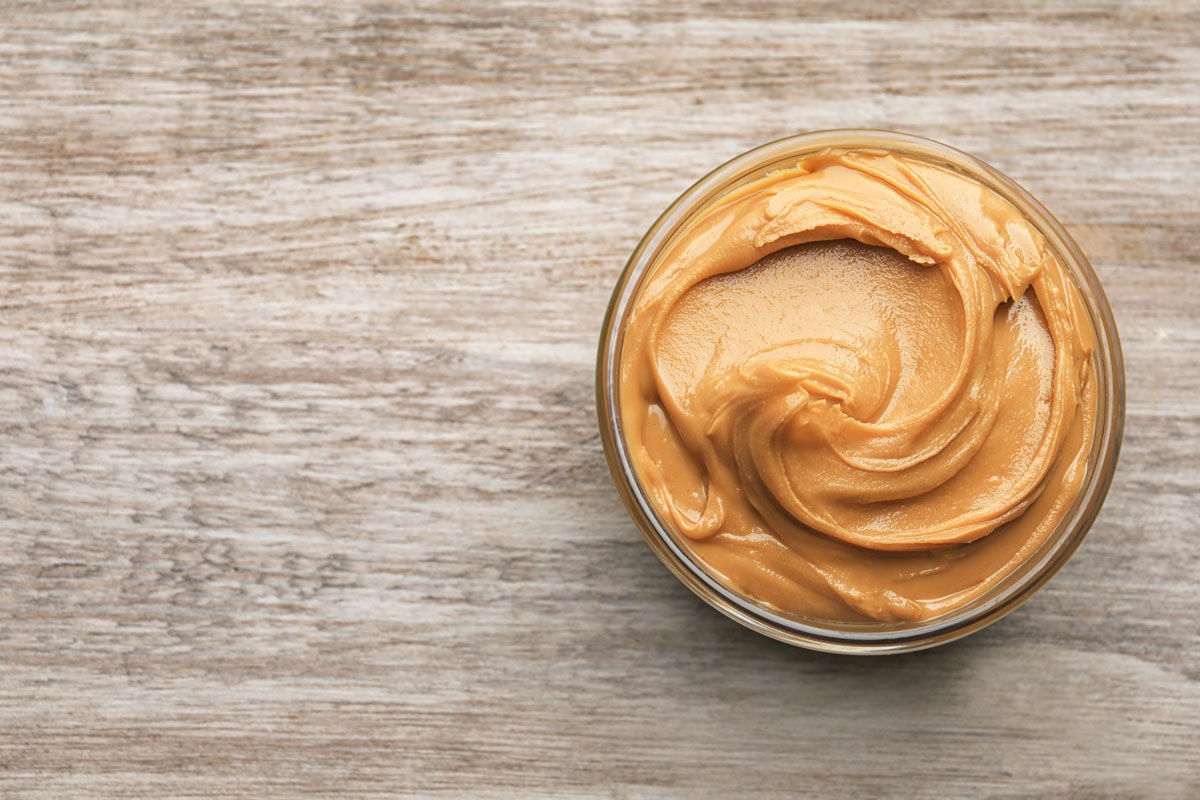
While there is a difference between natural and processed peanut butter, ultimately, it comes down to personal preference.
Both types of peanut butter are delicious and have their own unique flavor. So, if you're looking for good peanut butter, you can't go wrong with either type.
Made it to the end? Here are other articles you might find helpful:
Can I Use A Meat Grinder For Peanut Butter?
Sunflower Butter Vs. Peanut Butter – How Do They Compare?
Can You Brown Vegan Butter? [What You Need To Know]

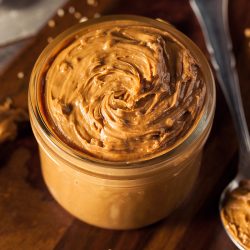
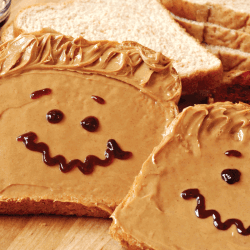
![A glass jar with creamy peanut butter on wooden table, Can Peanut Butter Go Bad In Heat? [Yes! Here's How To Tell If It's Spoiled!]](https://kitchenseer.com/wp-content/uploads/2022/10/Glass-jar-with-creamy-peanut-butter-on-wooden-table-250x250.jpg)
